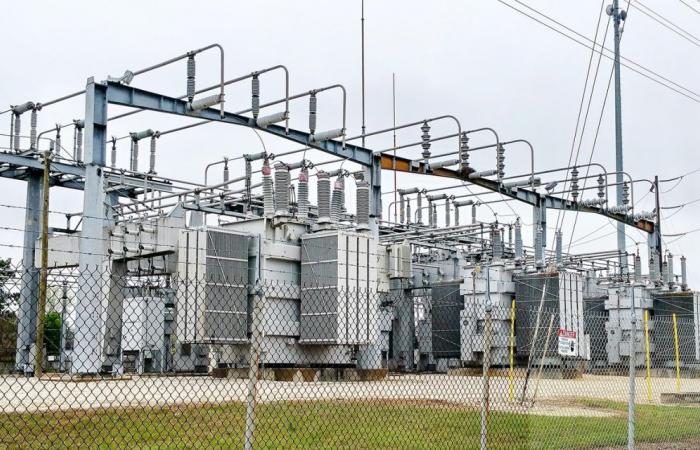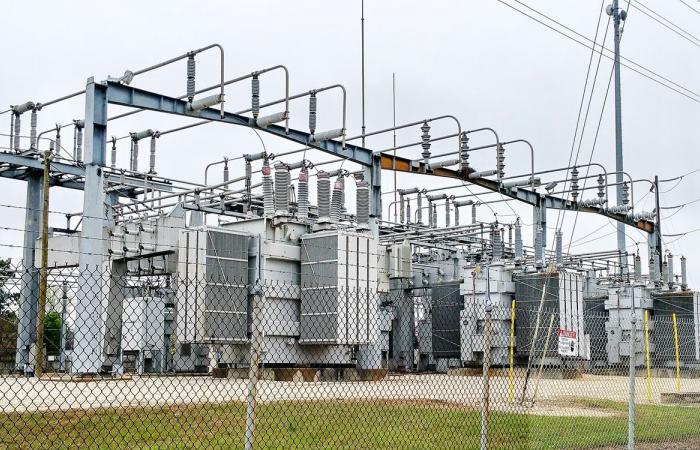The price of electricity is going negative more and more regularly in France. This phenomenon mainly concerns energy producers, but can consumers expect a reduction in the amount of their electricity bills?
France produces too much electricity on certain days at times of low demand. As a result, the price of electricity can sometimes become negative. Last week, the price per megawatt hour fell to – 5.76 eurosthe lowest reached in four years, reports Bloomberg. At the same time and for an equivalent contract, the megawatt hour was billed at 7.64 euros in Germany.
The public company Electricité de France, the leading producer and supplier of national electricity, has even requested the suspension of production at several nuclear power plants. EDF complied and temporarily shut down the Golfech 2, Cruas 2 and Tricastin 1 sites. Certain renewable energy producers are also forced, by contract, to stop their production in such a situation. of product, under penalty of penalties. France does not have enough energy storage infrastructure to be able to produce much more than it consumes.
French electricity production is doing well
After the energy crisis encountered with the war in Ukraine and the difficulties in obtaining gas supplies, combined with corrosion problems in certain nuclear power plants, France quickly recovered. Its nuclear fleet represents 2/3 of electricity production, and the share of renewable energies continues to grow. The return of the sun and windy weather have helped boost solar and wind energy production in recent days.
Negative price episodes are becoming more and more numerous in France. They occur mainly during weekends, but also during off-peak hours during the week. Above all, this means that producers must pay to have their electricity absorbed by the network, but not that our electricity bills become less expensive in the short term.
THE price of electricity in France for 2025 would fall by 28%, according to data from the European Energy Exchange. Germany, dependent on gas and coal, would only experience a 5% reduction. For an equivalent contract, the price per megawatt hour would cost 25 euros less in France than in Germany.
Will the electricity bill go down?
But then, will consumers pay less for their electricity? Not necessarily. It is not because your energy supplier pays a lower price that it will pass this reduction on to its customers. Everything will obviously depend on your contract, but also on the strategies adopted by market players. One possibility mentioned is to make off-peak hours even more financially attractive or expand them to try to shift part of consumption to times of day when demand is lower than supply. The Energy Regulatory Commission (CRE) has asked Enedis to work on a reform of off-peak hours.
In any case, you should not expect a significant reduction in the amount of your electricity bill thanks to the conditions of your distributor. Political will will also be important. Since the end of the tariff shield, electricity prices for consumers have increased significantly. At the beginning of June, Bruno Le Maire promised a reduction of 10% to 15% in the price of electricity for all French people from February 2025, making it possible to find prices around those charged during the tariff shield period.
But you are aware that the political situation in France is currently illegible. With the dissolution of the National Assembly pronounced by Emmanuel Macron, we do not know today which government will be in place in the coming months. Several parties participating in the early legislative elections have mentioned a reduction in the price of electricity in their program, but the vagueness is for the moment total. If French electricity production is doing well, we will have to be patient to find out if positive changes are coming for our bills. In the meantime, we invite you to consult our advice on how to pay less for your electricity.
Source: Bloomberg







